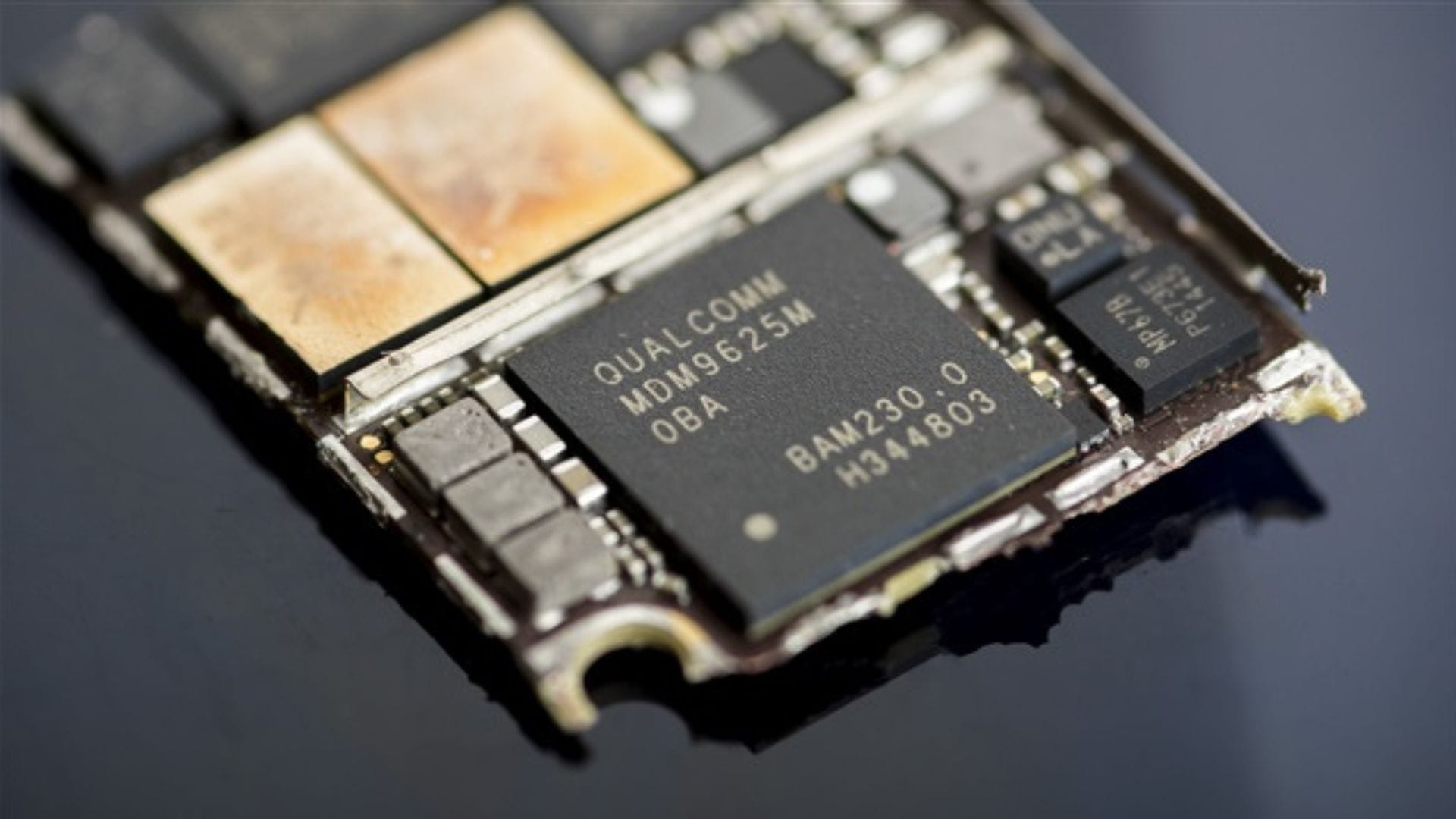Apple to replace Qualcomm modems with in-house designs by 2027
Apple plans to replace Qualcomm modems with in-house 5G designs by 2027, starting with the iPhone SE 4 in 2025 and expanding to other devices.

Apple has revealed ambitious plans to replace Qualcomm device modems with in-house designs by 2027. According to a detailed report by Bloomberg, the tech giant is embarking on a three-year rollout to develop and integrate its 5G modems across its product range.
Table Of Content
Apple’s first modem to debut in 2025
The first of Apple’s 5G modems, codenamed Sinope, is expected to launch in 2025. This modem will reportedly debut in the much-anticipated iPhone SE 4, the rumoured iPhone 17 Air, and select entry-level iPad models.
However, Sinope is likely to fall short of Qualcomm’s existing modems in terms of performance. Unlike Qualcomm’s latest offerings, Sinope will not support the mmWave 5G band and will feature only four-carrier aggregation instead of six or more. This limitation means download speeds could be significantly slower than Qualcomm’s current non-mmWave modems.
Faster modems to follow in 2026 and 2027
Apple aims to improve its in-house modems over the next few years. By 2026, the company plans to launch a more advanced modem integrated into the iPhone 18 lineup and premium iPad models. This modem is expected to include mmWave support, download speeds of up to 6Gbps, six-carrier aggregation with sub-6 5G, and eight-carrier aggregation with mmWave.
In 2027, Apple is tipped to release an even more sophisticated modem featuring built-in satellite connectivity. Reports suggest this model could surpass Qualcomm’s performance offerings, marking a significant milestone for Apple’s wireless ambitions.
Modems could extend to Macs and Vision Pro
Apple’s modem plans may not stop with iPhones and iPads. There are discussions about using its 5G modems in Mac computers and the Vision Pro, Apple’s mixed-reality headset. This would broaden the application of Apple’s technology and further reduce reliance on Qualcomm.
This rollout’s timing aligns with Apple’s 5G modem contract with Qualcomm, which was extended earlier this year until 2027.
Industry analyst Ming-Chi Kuo has forecasted rapid growth in Apple’s modem shipments. Beginning in 2025, shipments could reach 35 to 40 million units; by 2027, this number is expected to grow to 160 to 180 million units.
If successful, Apple’s transition to in-house modems would significantly shift its supply chain strategy, strengthening its position in the competitive tech market.
















